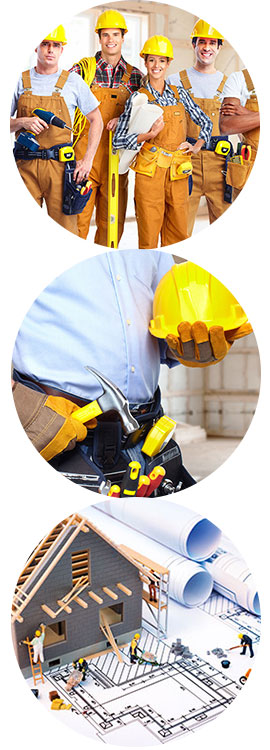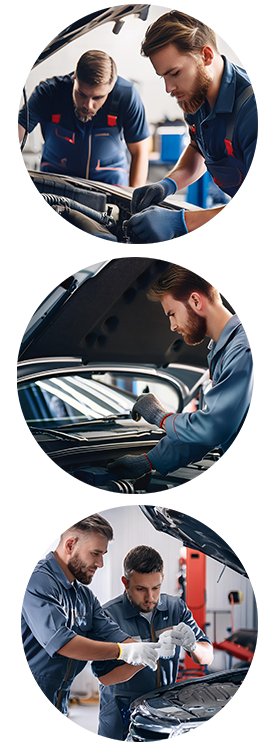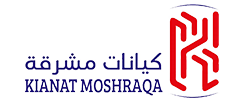



Restoration of buildings
WRestoration of buildings services are crucial for preserving architectural heritage and extending the lifespan of structures. These services encompass a range of techniques and processes aimed at returning buildings to their original condition or enhancing them, while maintaining their historical and architectural value.
Key Components of Restoration Services
Structural Repair: Addressing any structural damage to ensure the building's stability and safety.
Facade Restoration: Cleaning, repairing, and restoring the building's exterior to its original appearance.
Interior Restoration: Revitalizing the interior spaces, including walls, ceilings, floors, and fixtures, to reflect the building's historical character.
Conservation: Using specialized techniques and materials to preserve original features and materials.
Modernization: Upgrading building systems (plumbing, electrical, HVAC) to meet current standards without compromising historical integrity.
Documentation: Detailed recording of the building's condition and restoration processes for future reference and preservation.
Restoration of buildings not only enhances the aesthetic and historical value of structures but also contributes to their functionality and sustainability for future generations.
- Electrical maintenance.
- HVAC(Heating, Ventilation, and Air Conditioning).
- Home facade finishing.
- Internal repair.
- fire fighting and fire alarm.
Car’s maintenance
Car maintenance services are essential for ensuring the longevity, performance, and safety of your vehicle. Regular maintenance helps prevent major issues, maintains optimal performance, and ensures that the car is safe to drive.
Key Components of Car Maintenance Services
- Oil Changes: Regularly replacing the engine oil and oil filter to ensure the engine runs smoothly and efficiently.
- Tire Services: Rotating, balancing, and aligning tires to ensure even wear and extend their lifespan, as well as checking tire pressure.
- Brake Services: Inspecting and replacing brake pads, rotors, and fluid to ensure effective stopping power and safety.
- Fluid Checks and Replacements: Ensuring all essential fluids (coolant, transmission fluid, brake fluid, power steering fluid, and windshield washer fluid) are at optimal levels and replacing them when necessary.
- Battery Maintenance: Checking the battery’s charge and terminals, and replacing the battery if it's weak or faulty.
- Engine Tune-Ups: Inspecting and replacing spark plugs, air filters, and other engine components to maintain peak performance.
- Belts and Hoses: Inspecting and replacing worn or damaged belts and hoses to prevent breakdowns.
- Air Conditioning and Heating: Checking and servicing the air conditioning and heating systems to ensure comfort and functionality.
- Diagnostic Checks: Using specialized tools to identify and address any potential issues within the vehicle’s systems.
Regular car maintenance ensures that your vehicle remains reliable, efficient, and safe to drive, reducing the likelihood of unexpected repairs and extending the overall lifespan of your car.
- Mechanical maintenance.
- Electrical maintenance.
